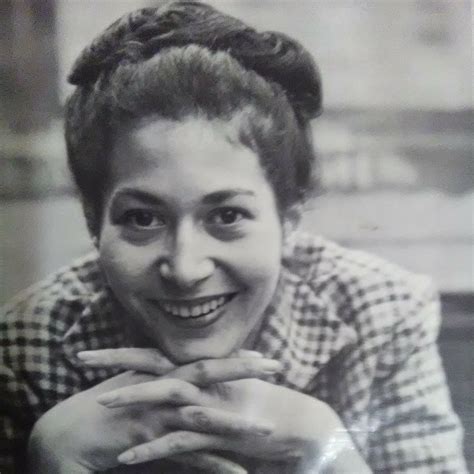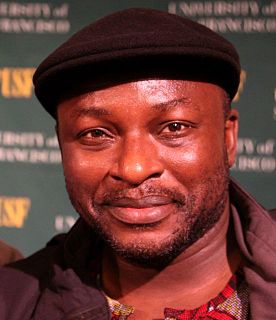A Quote by Slavoj Žižek
The true ethical test is not only the readiness to save the victims, but also - even more, perhaps - the ruthless dedication to annihilating those who made them victims.
Related Quotes
I don't see black people as victims even though we are exploited. Victims are flat, one- dimensional characters, someone rolled over by a steamroller so you have a cardboard person. We are far more resilient and more rounded than that. I will go on showing there's more to us than our being victimized. Victims are dead.
Though people are more important than money, I'm not convinced these large sums of money paid out to victims is the best. Listening to the some of the victims, I think we could have avoided a lot of this if the Church had humbly apologized to them, but we tried to bully some of them. I pray the victims are healed.
Perhaps the sexual life is the great test. If we can survive it with charity to those we love and with affection to those we have betrayed, we needn't worry so much about the good and the bad in us. But jealousy, distrust, cruelty, revenge, recrimination ... then we fail. The wrong is in that failure even if we are the victims and not the executioners. Virtue is no excuse.
Over and over victims are blamed for their assaults. And when we imply that victims bring on their own fates - whether to make ourselves feel more efficacious or to make the world seem just - we prevent ourselves from taking the necessary precautions to protect ourselves. Why take precautions? We deny the trauma could easily have happened to us. And we also hurt the people already traumatized. Victims are often already full of self-doubt, and we make recovery harder by laying inspectors blame on them.
It's the first thing liberals notice about people is what group are you in! "What group do I put you in? Are you a woman? Are you lesbian? Are you straight? Are you Native American? Are you African-American? Are you a mix? What are you?" That's how they see people, because that then identifies the victim status they hold. Victims of what? Victims of America! All these people are victims of America, "the white, patriarchal majority." They're all victims of America, as the left sees them.
In all the interviews I have done, I cannot remember one offender who did not admit privately to more victims than those for whom he had been caught. On the contrarty, most offenders had been charged with and/or convicted of from one to three victims. In the interviews I have done, they have admitted to roughly 10 to 1,250 victims. What was truly frightening was that all the offenders had been reported before by children, and the reports had been ignored.
In the first place, the church can ask the state whether its actions are legitimate and in accordance with its character as state, i.e., it can throw the state back on its responsibilities. Secondly, it can aid the victims of state action. The church has an unconditional obligation to the victims of any ordering of society, even if they do not belong to the Christian community. The third possibility is not just to bandage the victims under the wheel, but to put a spoke in the wheel itself.
It would have been more to the point, more honest and more Christian, in past decades not to support those who intentionally destroyed healthy life than to rebel against those who have no other wish than to avoid disease. Moreover, a policy of laissez faire in this sphere is not only cruelty to the individual guiltless victims but also to the nation as a whole... If the Churches were to declare themselves ready to take over the treatment and care of those suffering from hereditary diseases, we should be quite ready to refrain from sterilizing them.








































